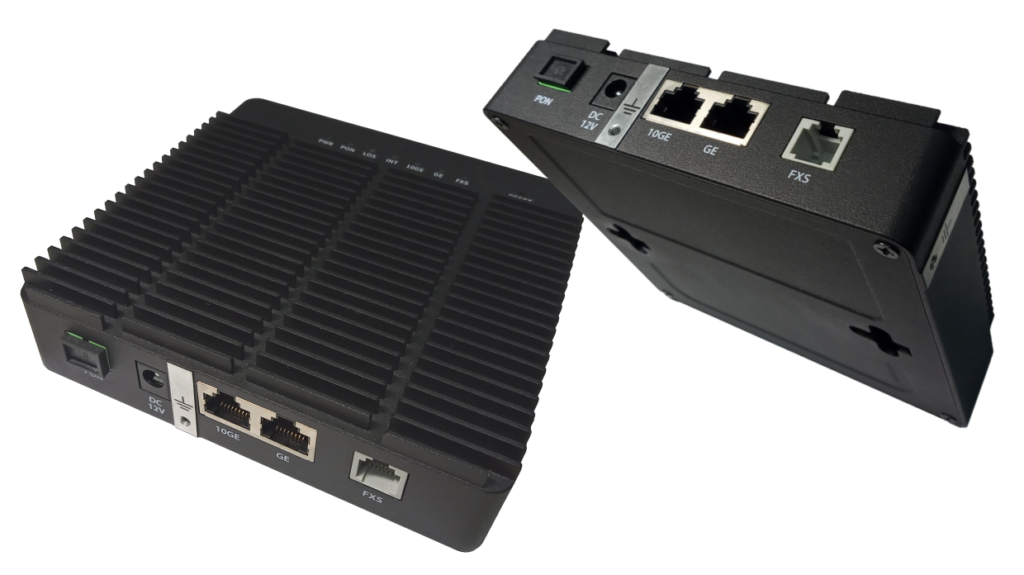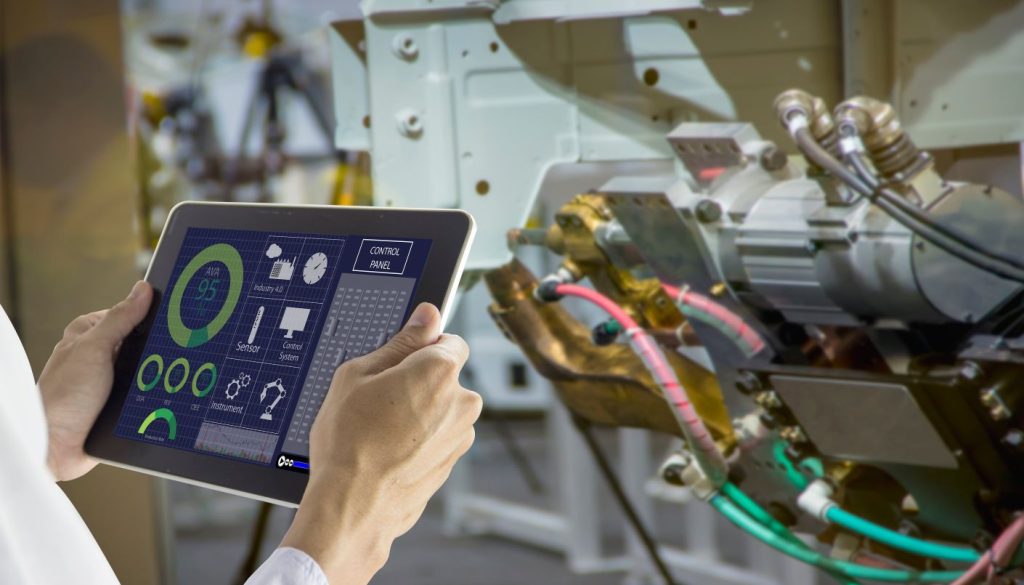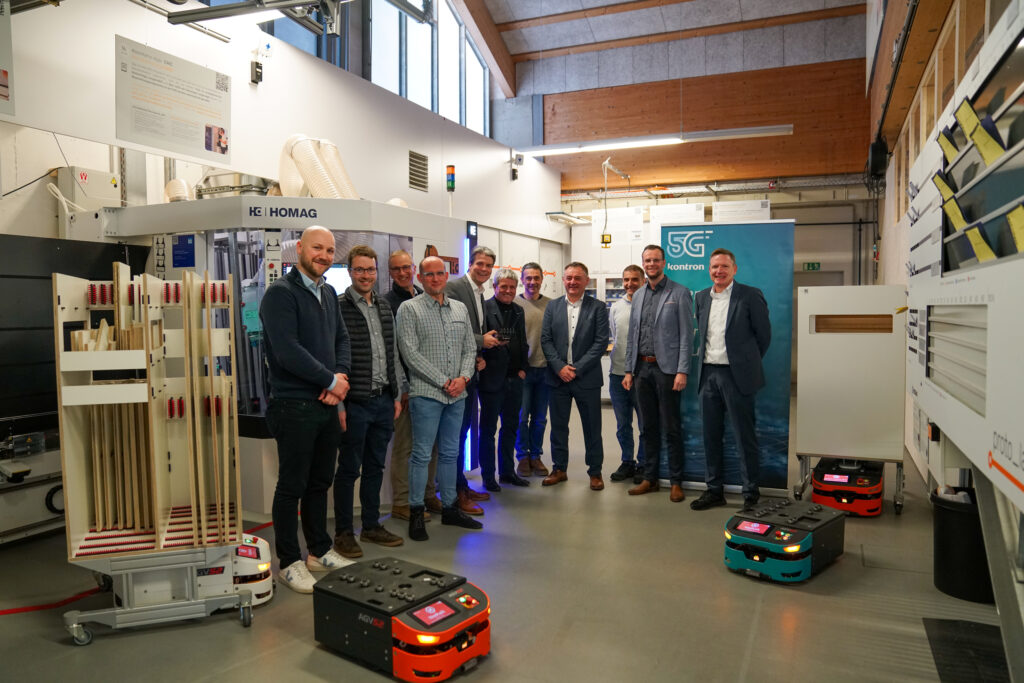Ukrtelecom and Iskratel launch €12 Million fibre-network expansion programme in Ukraine
The collaboration will see gigabit connectivity provided to 530,000 homes across Ukraine
Kranj and Kyiv, 7 September 2021 – A €12 Million investment will bring better broadband to Ukraine, it has been announced today. The partnership between Ukrainian telecom operator JSC Ukrtelecom and leading European ICT vendor and solutions provider Iskratel will help expand the country’s fibre-optic network as they continue to bridge the digital divide.
The three-year network-expansion programme – financed by Ukrtelecom, Iskratel and its financial partners – provides more than 300 locations in various Ukrainian regions with gigabit-capable connectivity. The Passive Optical Network (PON) technology will potentially offer connectivity to 1.3 Million people and 530,000 homes.
“The joint programme between Iskratel and Ukrtelecom is playing an increasingly important role in the roll-out of broadband Internet in Ukraine,” Iskratel CEO Željko Puljić emphasised. “This collaboration continues the long-term partnership between our two companies in the development of the country’s fibre-optical access that now amounts to €25 Million.”
Addressing both rural and urban areas in the country, the project targets the roll-out of new fibre-optical networks. Modern certified telecommunications equipment that is assembled in Slovenia at Iskratel’s production centres enables customers to gain access to speeds of up to 1 Gbit/s, IPTV and other IP-based services.
“Ukrtelecom is a nationwide telecommunications company with the largest geographical coverage, and we continue in our mission of bridging the digital divide across Ukraine,” Ukrtelecom CEO Yuriy Kurmaz said. “Working with Iskratel will boost our contribution to the development of Internet access in Ukraine.”
Last year, with a total investment of approximately EUR 7 Million, Iskratel and Ukrtelecom announced its two-year network-construction project and connected more than 200 localities in 13 Ukrainian regions. Previously, Ukrtelecom and Iskratel rolled out fibre broadband for 300 localities in the project, launched in 2019.
Related articles

Slovenia's Kontron and NT Fiber celebrate two years of flawless partnership in Texas
Learn more
Kontron and Planet Networks partner to bring 10-Gigabit fibre availability to hundreds of thousands of homes and businesses in the US
Learn more
Kontron Partners with Telekom Slovenije to Establish the First Commercial Standalone Private 5G Network in Slovenia
Learn more






